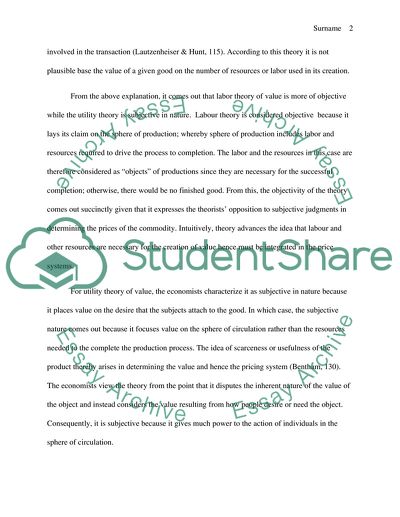History of ECON 2 Book Report/Review Example | Topics and Well Written Essays - 500 words. Retrieved from https://studentshare.org/macro-microeconomics/1698297-history-of-econ-2
History of ECON 2 Book Report/Review Example | Topics and Well Written Essays - 500 Words. https://studentshare.org/macro-microeconomics/1698297-history-of-econ-2.


